What Zen Buddhist riddles reveal about knowledge and the unknowable
Is seeking an explanation for life’s deepest mysteries a worthy pursuit? Many scientists and theologians would say yes. Zen Buddhists practising in China from the 9th to 13th centuries CE, however, believed that it was important to embrace uncertainty instead of always seeking answers. For these monks, achieving enlightenment meant resisting the urge to know the seemingly unknowable. To foster this way of thinking, they meditated on paradoxical riddles called kōans to raise doubts about the very meaning of knowing and, through this, find deeper truths about existence. This playful animation from TED-Ed provides a brief history of kōans, and offers two rich examples from the roughly 1,700 kōans written to illustrate the key role of ambiguity on the path to enlightenment.
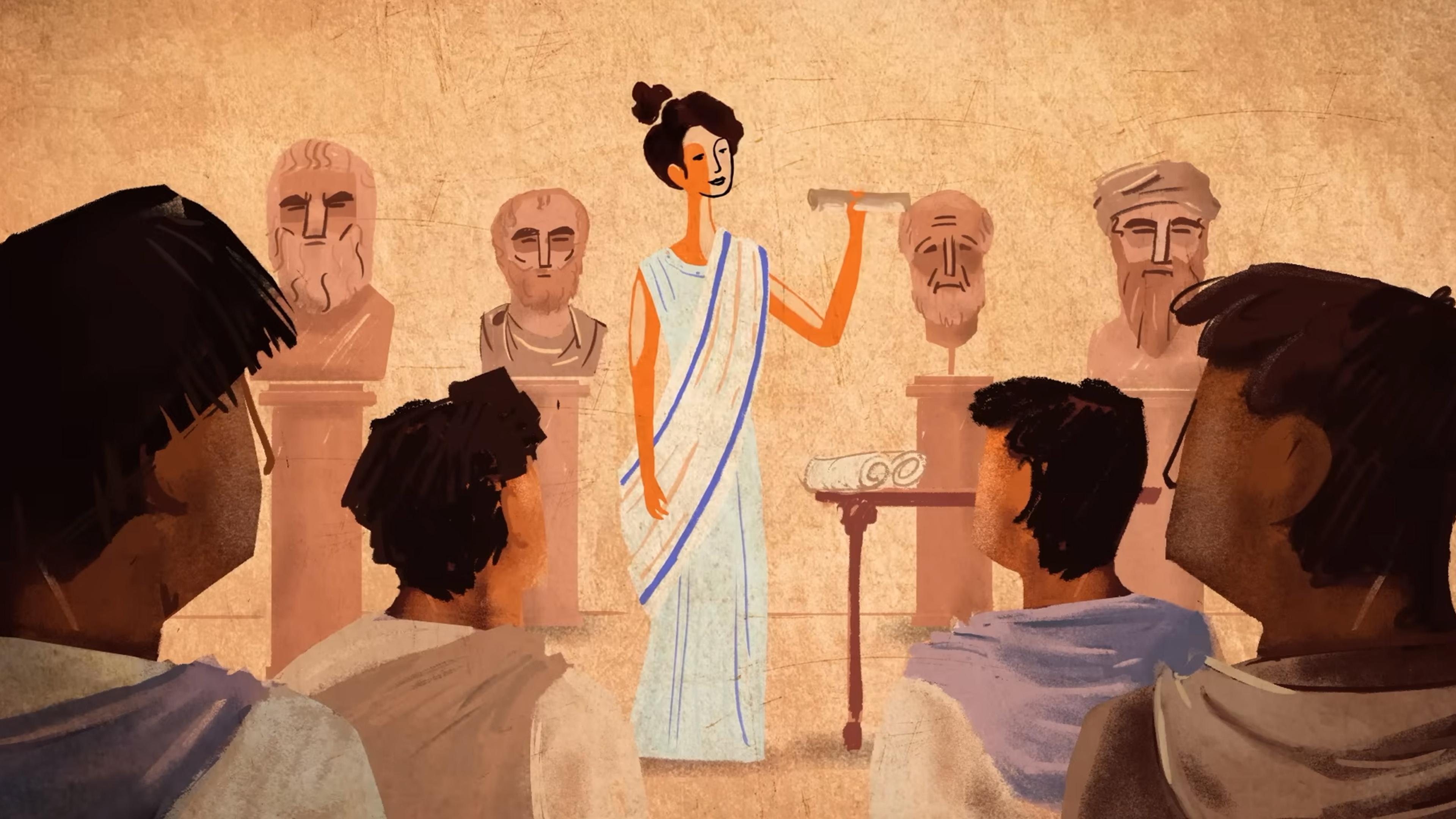
video
Thinkers and theories
A rare female scholar of the Roman Empire, Hypatia lived and died as a secular voice
5 minutes
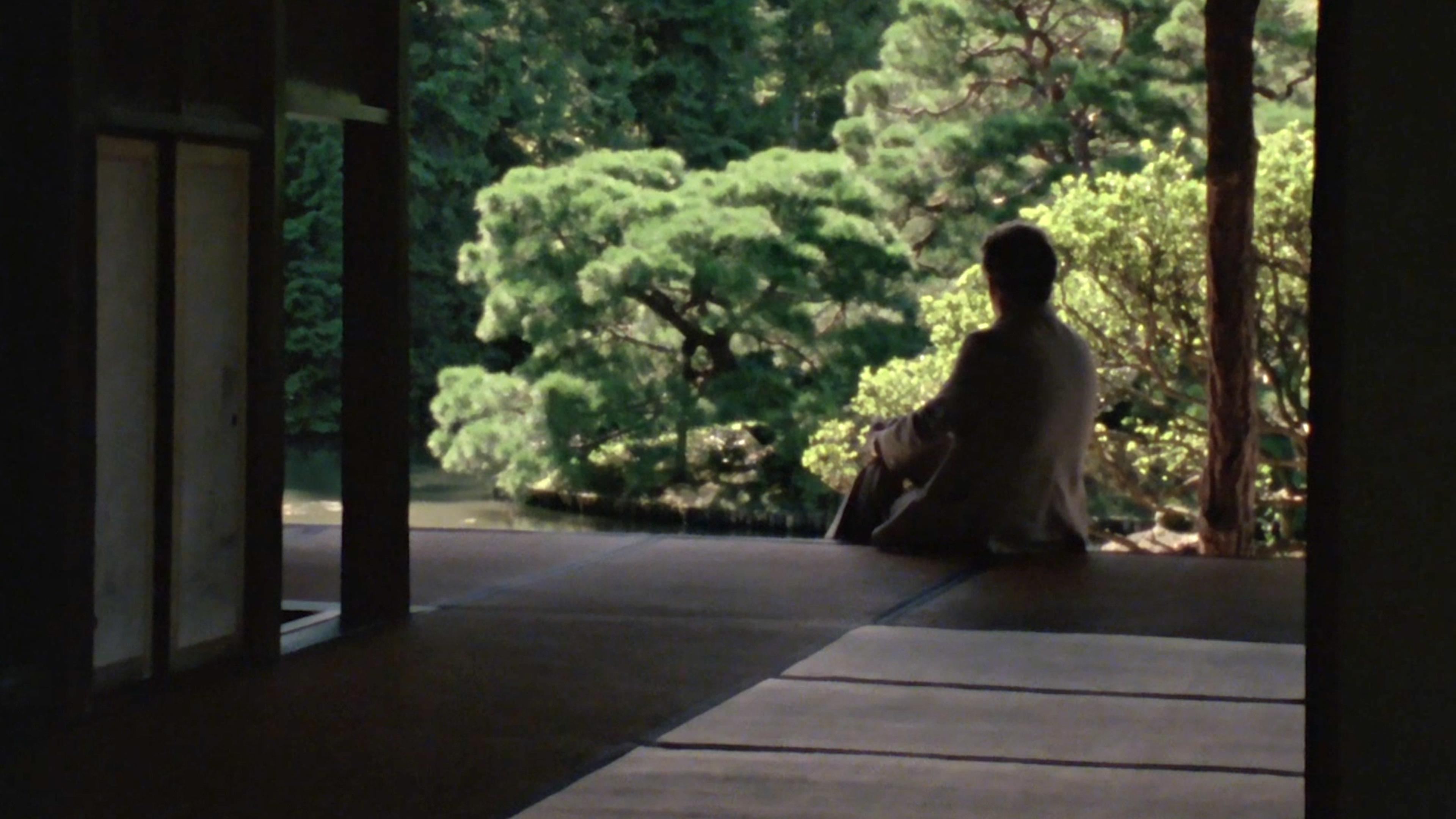
video
Architecture
The celebrated architect who took inspiration from sitting, waiting and contemplating
29 minutes
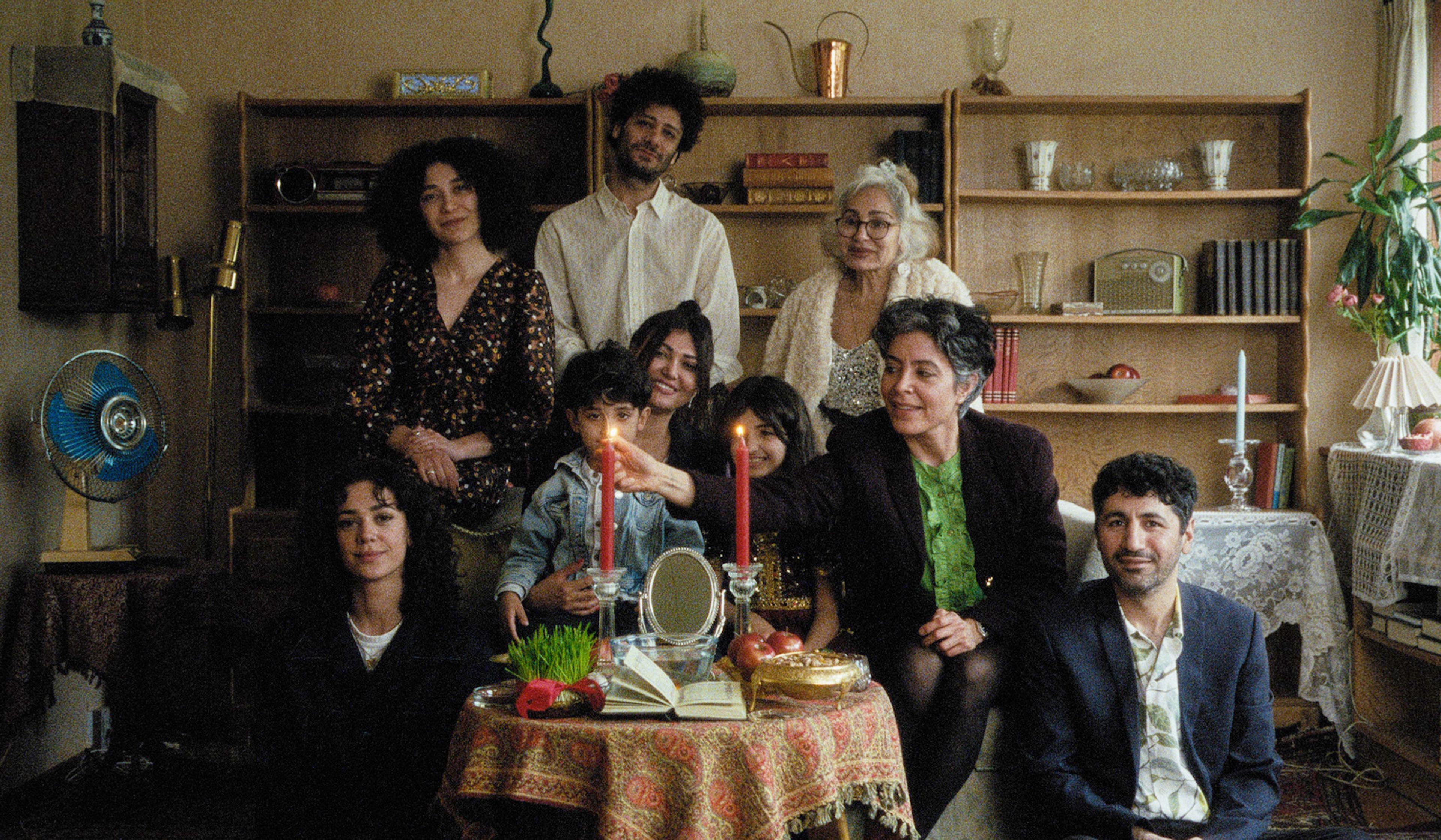
video
Rituals and celebrations
A beginner’s guide to a joyful Persian tradition of spring renewal and rebirth
3 minutes

video
Metaphysics
Simple entities in universal harmony – Leibniz’s evocative perspective on reality
4 minutes
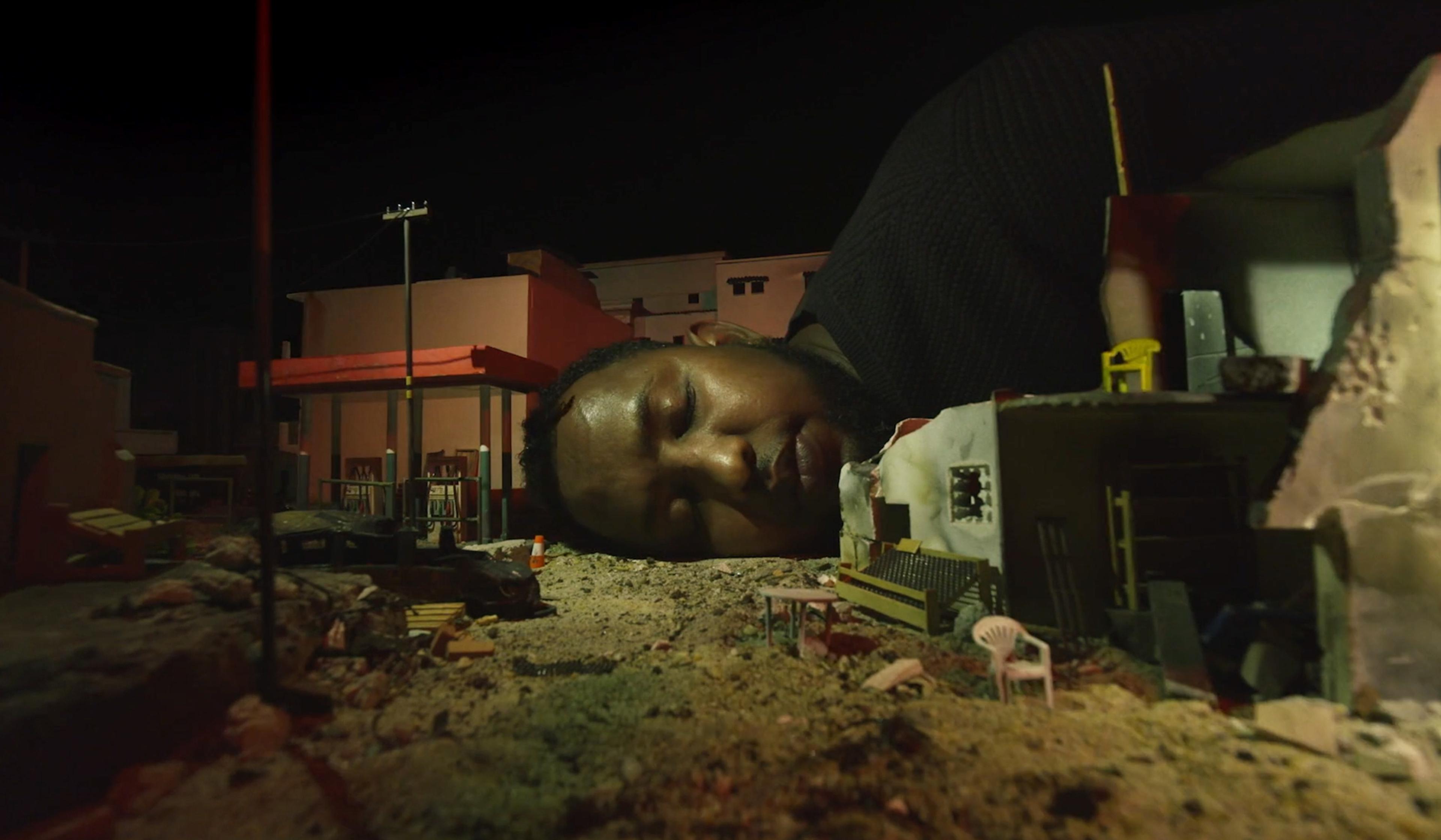
video
Biography and memoir
The unique life philosophy of Abdi, born in Somalia, living in the Netherlands
29 minutes
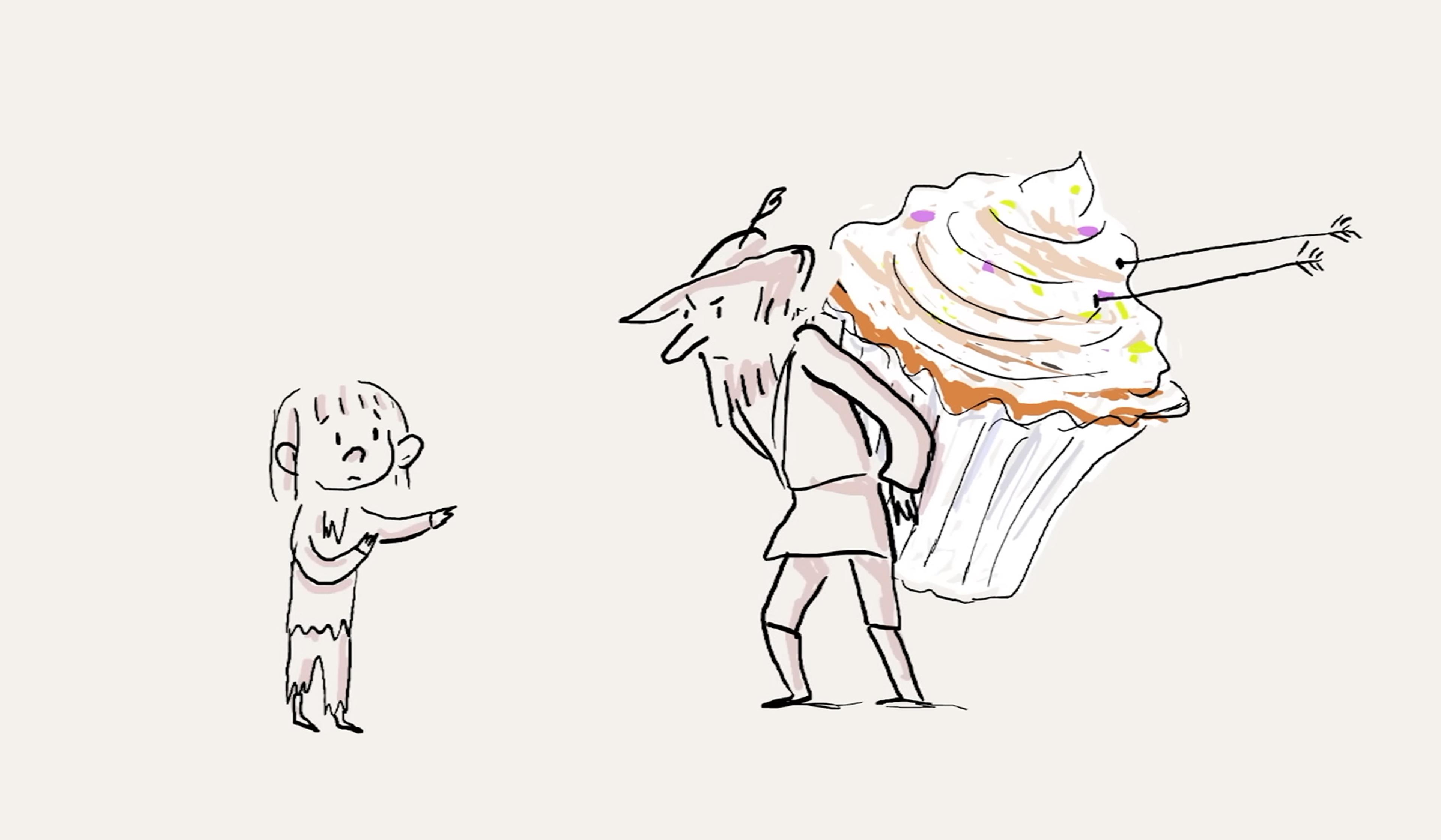
video
Ethics
For Iris Murdoch, selfishness is a fault that can be solved by reframing the world
6 minutes
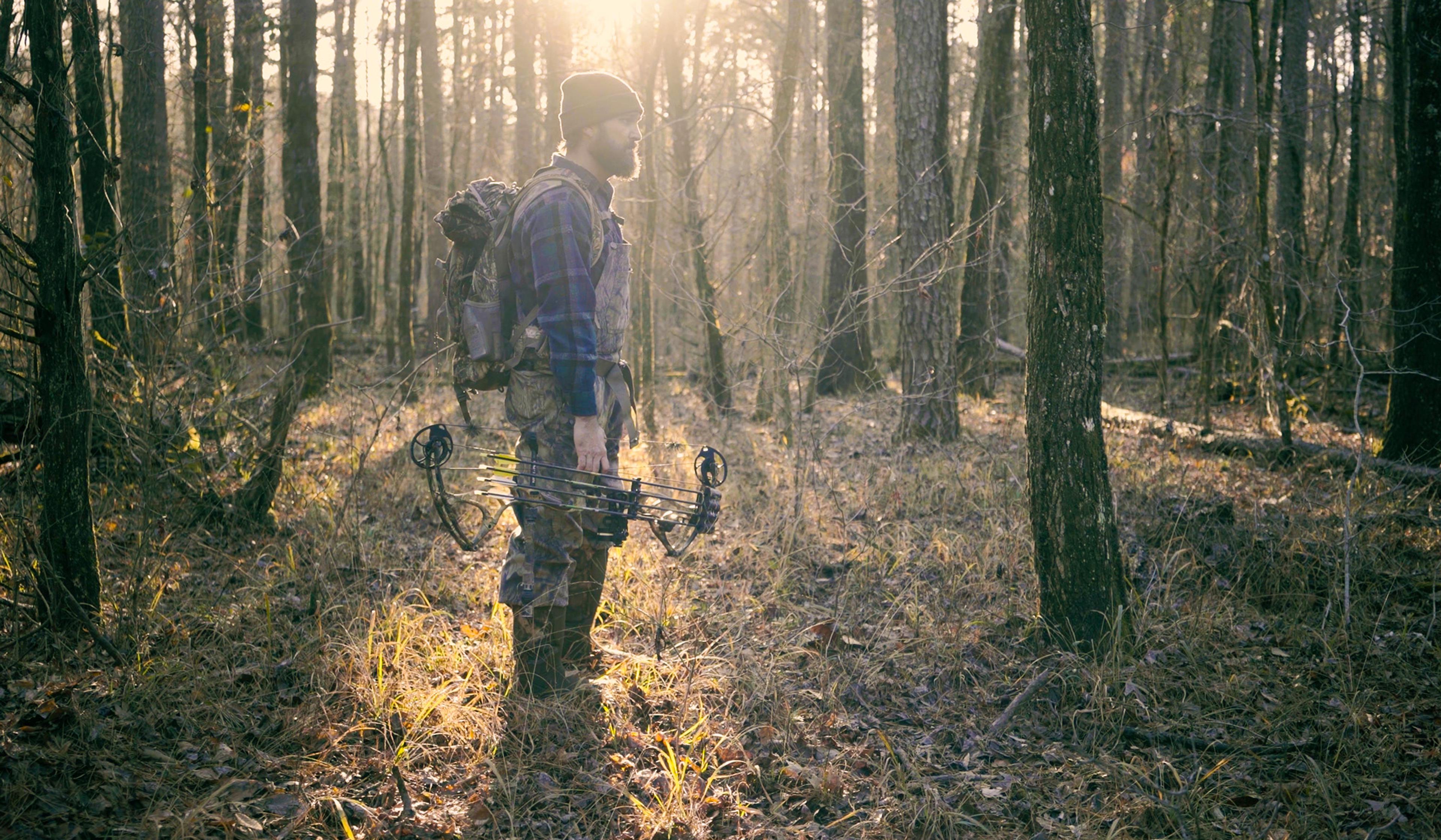
video
Death
A hunter’s lyrical reflection on the humbling business of being mortal
6 minutes
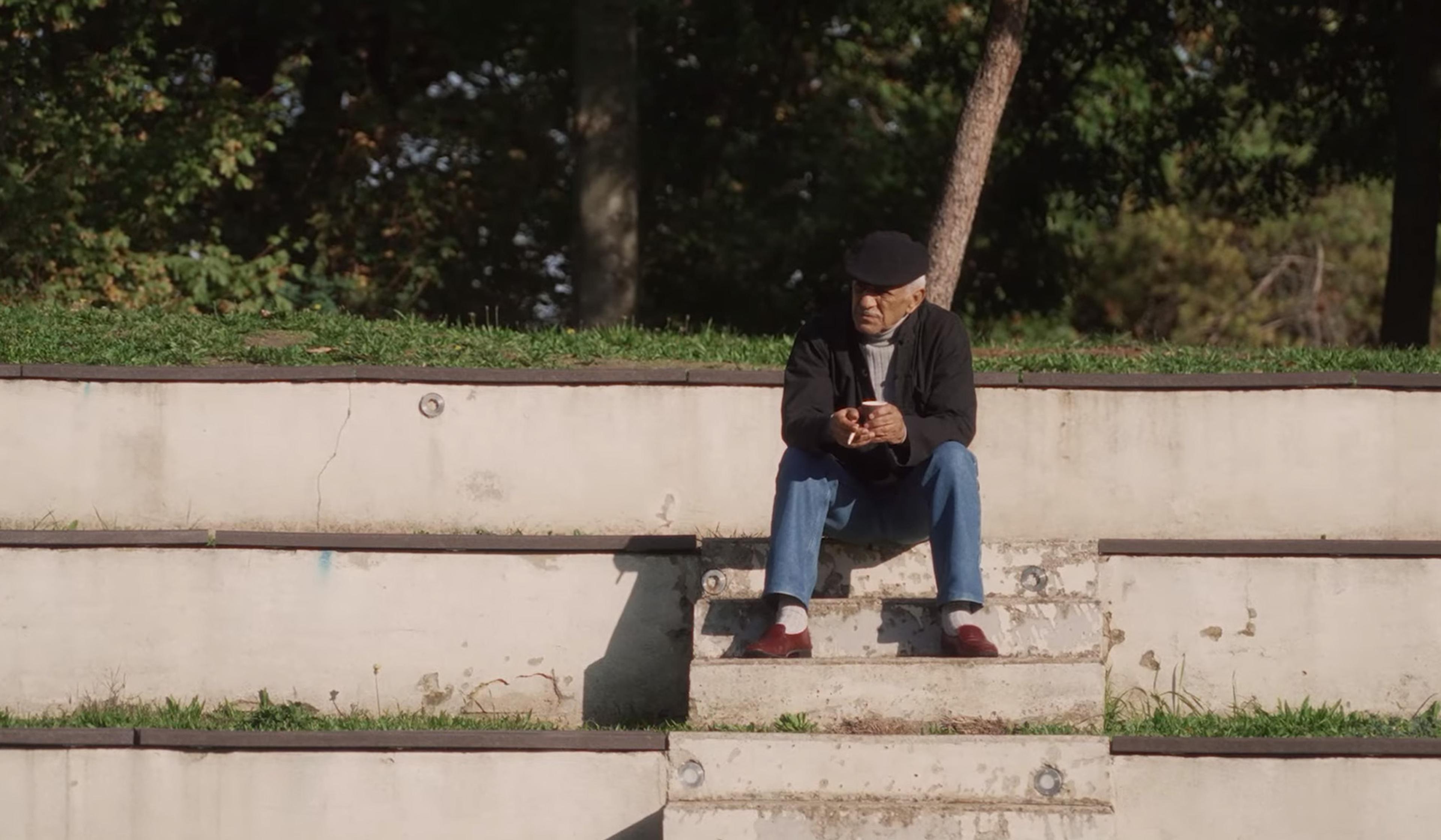
video
Love and friendship
After his son’s terrorist attack, Azdyne seeks healing – and his granddaughter
25 minutes
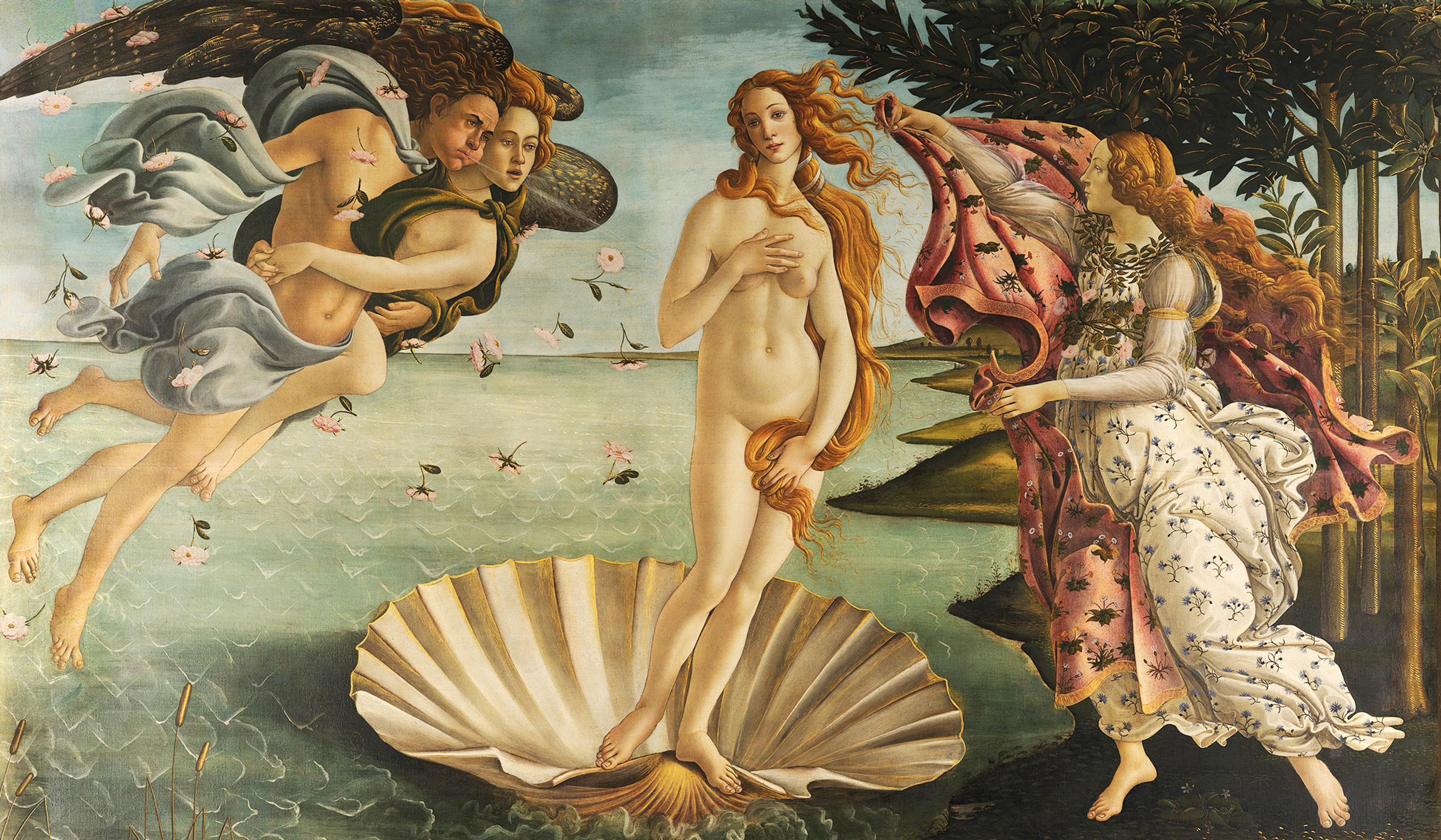
video
Art
More than breathtaking, ‘The Birth of Venus’ signalled an aesthetic revolution
19 minutes